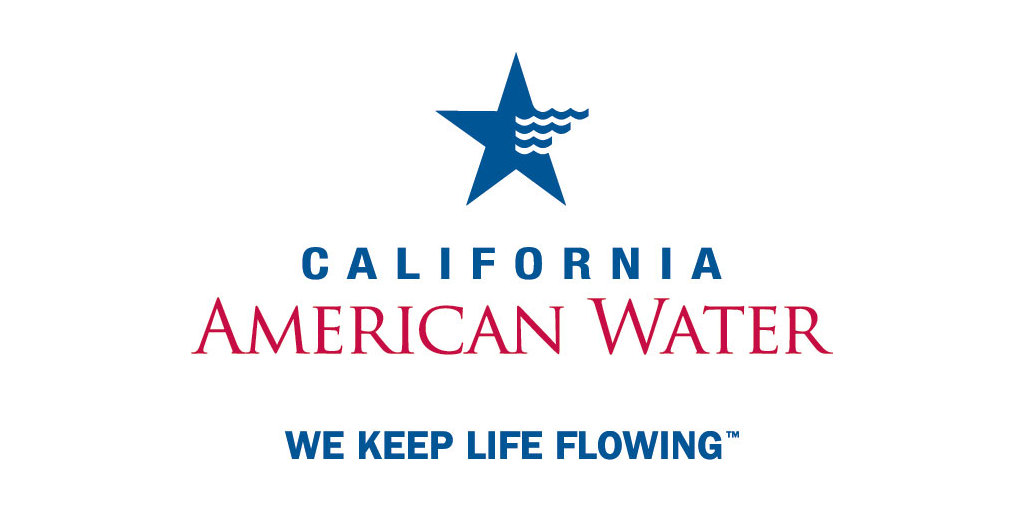Sign up for daily news updates from CleanTechnica on email. Or follow us on Google News!
As the electric vehicle (EV) market has grown to millions of sales a year, more and more batteries are getting out there onto the roads and will need to be disposed of in some way eventually. Because the market is so young, not much has been needed in this regard up till now. But it will be needed more and more as the EV market scales up. Tesla cofounder and longtime CTO JB Straubel saw this coming years ago and left Tesla to found Redwood Materials (interestingly, all of that EV battery recycling was supposed to be done internally at Tesla up till then — one has to wonder what pushed Straubel to go launch this operation on his own outside of Tesla).
As with all things, as the scale of EV battery recycling goes up, costs will come down. But that doesn’t happen by magic. It happens from incremental improvements as well as spreading out of costs. Those incremental improvements can come faster or slower depending on various factors. The US Department of Energy has decided that it wants to help accelerate the cost cutting, and it’s putting in $45 million to help with that under the Biden administration.
“As part of the Biden-Harris Administration’s historic Investing in America agenda, the U.S. Department of Energy (DOE) today announced $44.8 million in funding from the Bipartisan Infrastructure Law (BIL) for eight projects that will lower costs of recycling electric drive vehicle batteries and electric drive vehicle battery components, with the long-term aim of lowering vehicle costs,” the DOE wrote yesterday. “Under President Biden and Vice President Harris’ leadership, more than four million electric vehicles (EVs) have been sold in America—more than double the number bought in all previous years combined. The demand for EVs and stationary storage is projected to increase the size of the lithium battery market five-to ten-fold by the end of the decade, making U.S investments to accelerate the development of a resilient domestic supply chain for high-capacity batteries essential. The projects selected by DOE’s Vehicle Technologies Office will advance research, development, and demonstration of recycling and second-life applications for batteries once used to power EVs. This announcement builds on $92 million in previously announced projects to advance EV battery recycling and expand equitable deployment, supporting President Biden’s goal to have EVs make up half of all vehicle sales in America by 2030.” So, that means $137 million has been put into EV battery recycling and related endeavors. A total of $200 million will be allocated in time.
“The United States is securing a resilient domestic battery supply chain, thanks to the Biden-Harris Administration’s historic investments in innovation and battery recycling efforts,” said U.S. Secretary of Energy Jennifer M. Granholm. “Finding new life for used batteries will significantly reduce pollution and our reliance on other nations, while lowering costs and supporting the clean energy transition.”
Eight projects were selected for funding in this $45 million round. Here are more details on each of them:
- Improve the economics of transportation, dismantling, and preprocessing of electric drive vehicle batteries:
- B2U Storage Solutions, Inc. (Los Angeles, CA) will receive $3,461,724 to design, fabricate, test, and demonstrate a low-cost, reusable, stackable, fire resistant, compliant, and real-time monitored system for transporting second-life and defective, damaged, or recycled EV batteries.
- Caterpillar Inc (Chillicothe, IL) will receive $5,039,849 to develop a new or improved battery pack design for off-highway (non-light duty) vehicle batteries that will result in a more efficient dismantling process, and explore innovative technologies aimed at reducing labor time needed for dismantling.
- General Motors LLC (Pontiac, MI) will receive $7,999,997 to develop and demonstrate an automatic sorting and de-hazarding system for end-of-life EV batteries, with an aim of developing techniques that can be used by automotive recyclers, dealers, and mechanic shops.
- ReJoule Incorporated (Signal Hill, CA) will receive $6,316,383 to develop and scale a technology for EV battery diagnostics that will check for system-level safety hazards and detect damage or defects at the point of collection.
- Rochester Institute of Technology (Rochester, NY) will receive $7,107,540 to develop and demonstrate a process that accelerates condition assessment of collected EV batteries, and semi-automates dismantling of end-of-life EV batteries using machine learning.
- Siemens Corporation, Technology (Princeton, NJ) will receive $7,998,766 to demonstrate an automated approach for battery disassembly and apply learnings towards designing batteries that are more easily disassembled.
- Tennessee Technological University (Cookeville, TN) will receive $4,867,519 to design, develop, demonstrate, and validate innovative compact mobile preprocessing hubs that can be transported and deployed at local collection points to safely dismantle and shred end of life EV batteries.
Increase recycling of electric drive vehicle battery accessory components:
- University of Akron (Akron, OH) will receive $2,000,000 to eliminate the flow of plastics/polymers from end-of-life EV battery packs to landfills, while simultaneously retrieving and recycling them to be used as raw materials for new batteries.

Chip in a few dollars a month to help support independent cleantech coverage that helps to accelerate the cleantech revolution!
Have a tip for CleanTechnica? Want to advertise? Want to suggest a guest for our CleanTech Talk podcast? Contact us here.
Sign up for our daily newsletter for 15 new cleantech stories a day. Or sign up for our weekly one if daily is too frequent.
CleanTechnica uses affiliate links. See our policy here.
CleanTechnica’s Comment Policy




